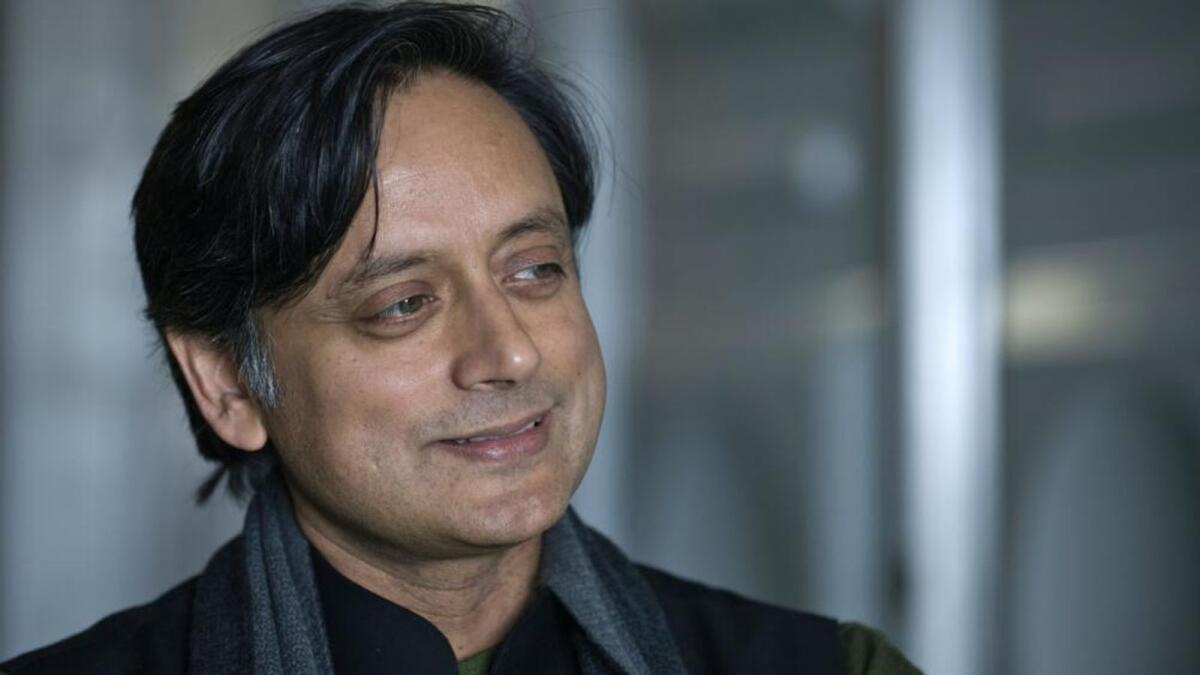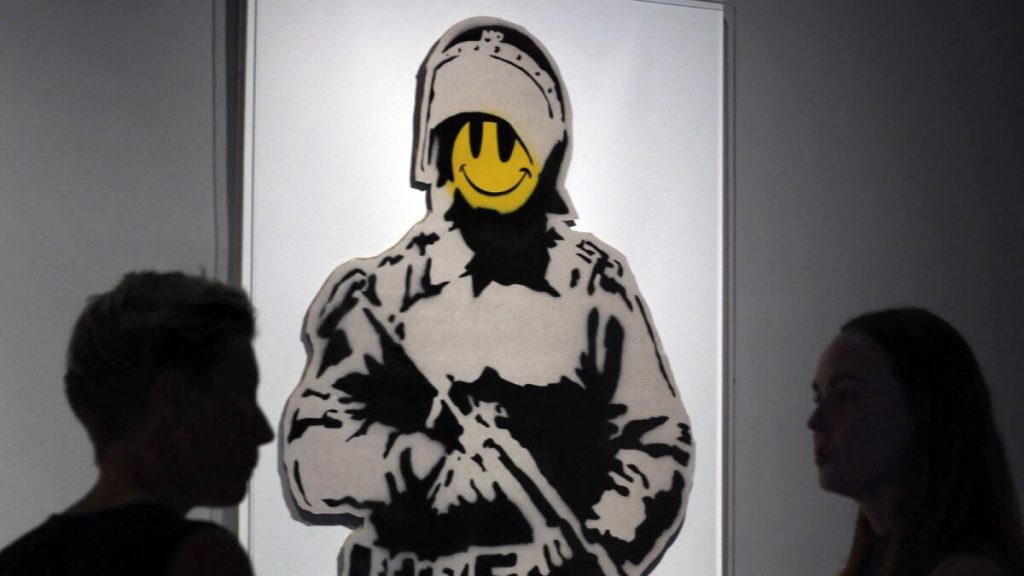Title: The Role and Evolution of Slang in Language
Publication Date: Thu 2 Nov 2023, 6:41 PM
Last Updated: Thu 2 Nov 2023, 6:42 PM
By Pierre Herubel, SEO and High-End Writer
All of us use slang, consciously or unconsciously, alongside formal language. While standard language represents the recognized and controlled mode of expression, slang offers an alternative and often casual way to convey ideas. Though slang deviates from standard language, it reflects the ever-changing nature of language and serves various social, cultural, and generational purposes. Over time, certain slang terms may gain broad acceptance and become part of the standard vocabulary.
Slang is subject to change, with popular expressions fading away and new terms emerging. Schools often act as breeding grounds for slang. In the past, terms like “fruit” and “heathen” referred to lenient and unreasonable teachers, respectively. Words like “blug” and “chiselly” conveyed stylishness and unpleasantness. Skipping class was known as “jumping” or “bolting,” and a slow student was called an “ice wagon.” Today, equivalents like “doofus” and “swot” represent these concepts. A “grind,” or an individual who studied excessively, would now be labeled a “swot,” “geek,” or “nerd.”
Slang also originates from broader society. Expressions such as “flim,” meaning to cheat, have been replaced with terms like “scam.” However, some slang words have withstood the test of time. “Bummer” has remained popular for several decades, signifying an unpleasant experience. Similarly, “cool,” indicating sophistication and fashion, has been slang since 1918 and continues to be used today, although GenZ may prefer “fire.” Words like “bonkers,” “wimp,” and “jerk” have also endured to describe eccentric, weak, and unpleasant individuals, respectively. On the other hand, terms like “groovy” have become obsolete and are now mainly used by older generations.
Slang often originates from subcultures or marginalized groups that critique mainstream culture, assert their identity, and reject societal conventions. It serves as a linguistic tool for these groups to engage in linguistic innovation and form alternative language communities. Slang can be a form of clever linguistic play, eliciting laughter and surprise while expressing a subculture. A notable example is Cockney rhyming slang, which was born in the East End of London. Phrases that rhymed with formal words were used, and the rhyming part was dropped. For example, “apples and pears” became “stairs.” Cockney slang has influenced working-class British language, with phrases like “Britneys” for beers because it rhymes with “Britney Spears.”
Humorous slang is not limited to Londoners. Phrases like “brain burp” for a random thought or “beer goggles” for perceiving someone as more attractive while drunk add lightheartedness to everyday language. Slang vocabulary helps create a sense of community by conveying thoughts in a cheeky or irreverent manner. However, slang can also be undignified, startling, or politically incorrect. It is important to note the distinction between trivializing serious issues, such as using the word “raped” to mean “defeated,” and harmless expressions like “I’m wiped out” to indicate exhaustion.
In conclusion, slang plays a dynamic role in language by reflecting societal changes, showcasing linguistic innovation, and creating alternative language communities. While some expressions fade with time, others manage to remain relevant across generations. Whether it be within formal language or within subcultures, slang continues to thrive and shape the way we communicate.
For any inquiries, please contact [email protected].

I have over 10 years of experience in the field of cryptocurrency and blockchain technology. I have attended numerous conferences and events around the world, and my work has been featured in major publications such as CoinDesk, Bitcoin Magazine, and Yahoo Finance.




